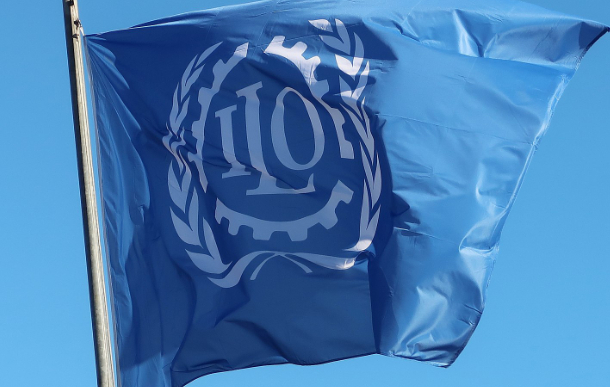
The International Labor Organization (ILO) recently warned that it faces "serious" cash flow difficulties. If member states such as the United States continue to default on their dues, it may be forced to cut up to 295 positions, approximately 8% of its total staff. This news is like a hammer, sounding the alarm for the international organizational system. In the era of globalization, the ILO, as a core institution for safeguarding workers' rights and promoting social justice, faces a funding crisis that not only threatens its own survival but also reflects the deeper predicament of the global labor protection system amid political maneuvers and economic turmoil.
The ILO's cash flow difficulties are not accidental; they stem from the cumulative effect of multiple factors. First, the sluggish global economic recovery is a key factor. The economic shocks following the COVID-19 pandemic have yet to subside, and geopolitical conflicts continue to intensify. Many countries are facing increasing fiscal pressures and a significant decline in their foreign aid capacity. According to ILO data, its budget shortfall in 2025 has reached US$230 million, and major donor countries have actually disbursed far less than their pledged amounts. The United States, traditionally the largest contributor, has become a catalyst for the crisis through its arrears. Despite paying 22% of the dues to the United Nations and other organizations, the persistent arrears have become a vicious cycle. In recent years, the US Congress has repeatedly delayed or cut funding to international organizations, citing budgetary adjustments and even imposing political conditions to restrict the use of funds. This practice of tying international obligations to domestic politics has directly undermined the financial stability of organizations like the ILO.
The deeper root cause lies in the institutional flaws of the global governance system. The operation of international organizations relies heavily on voluntary contributions from member states and lacks a binding mechanism. When major powers view their dues as bargaining chips rather than unshirkable responsibilities, the system's fragility is exposed. Furthermore, as emerging countries' share of the global economy grows, the relative share of traditional donors declines, exacerbating disputes over burden-sharing.
If implemented, the staff reduction plan will have far-reaching implications for the ILO. First, its core functions will suffer a significant blow. The 295 positions eliminated span technical, research, and administrative areas, directly impacting project delivery capacity. For example, the supervisory bodies overseeing compliance with labor standards in various countries and the specialized teams promoting gender equality and youth employment will see their efficiency plummet due to staff shortages.
Secondly, regional imbalances will worsen. ILO projects in developing regions like Africa and Asia rely most heavily on headquarters resources, and staff cuts could significantly weaken these regions' technical assistance and crisis response capabilities. In regions with weak labor rights protections, already scarce international support will face a precipitous decline, exacerbating the North-South gap in the global labor market.
Even more seriously, a crisis of trust could spread. The causal chain between member state dues arrears and staff cuts will undermine international confidence in multilateral mechanisms. When workers see the institutions they are supposed to represent struggling due to funding issues, they inevitably question the fairness and effectiveness of the global governance system, further undermining the foundations of international cooperation.
The ILO's cash flow crisis is, at its core, a collective action dilemma in global governance. When payment delays by countries like the United States sharply conflict with the global demand for labor rights protection, we must reflect: How can we rebuild trust and responsibility in transnational cooperation in a fragmented world? The layoff alert is not only a survival crisis for the ILO, but also a question to the international community: Are we willing to pay the due price for the common labor dignity and economic justice of mankind?

报告显示,中国电力投资加速增长,预计2024年电网基建投资将超过5300亿元。
近日,市场迎来了一则引人注目的消息:工业巨头3M公司(MMM.N)在本周五公布了其季度业绩报告,随后股价飙升至近两年来的
最近,外媒给OpenAI算了笔账,今年可能要血亏50亿美元。
近日,巴黎奥运会和世界铁人三项协会联合发布了一项重大决定,宣布因塞纳河水质污染问题,原定于近期进行的奥运会铁人三项首次下
当地时间7月18日,法国巴黎发生了一起令人震惊的持刀袭警事件。
近期,一则重大消息在国际舞台上引起轩然大波,马来西亚宣布加入金砖国家。
调查发现,互联网和智能手机的使用干扰了韩国近五分之一学生的生活。